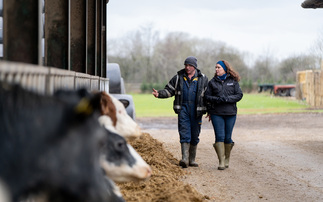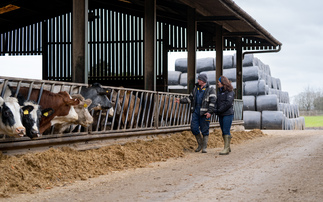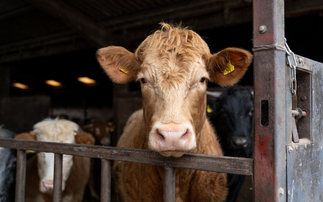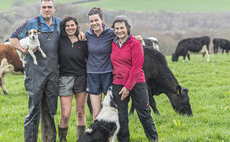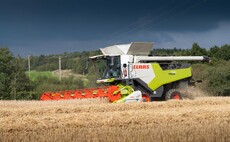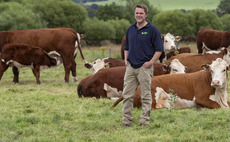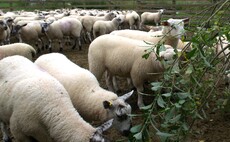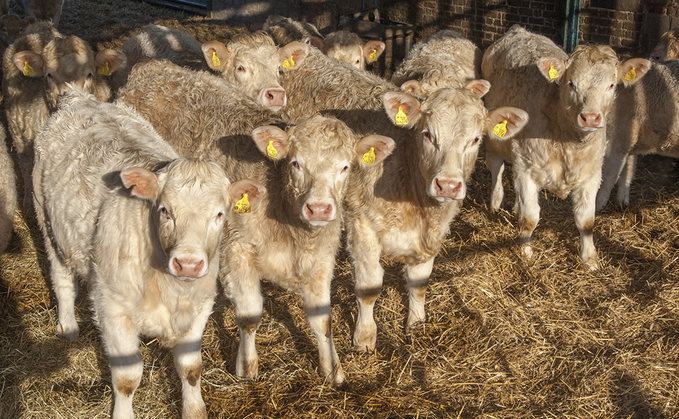
Worming cattle at housing removes damaging parasites acquired over the grazing season and can protect productivity over winter.
The priority should be to assess and treat youngstock.
Young animals have not developed sufficient immunity to gutworms and are more likely to be negatively impacted by the resulting slower growth rates and longer finishing times.
Heifer fertility can also be impaired.
Follow Boehringer Ingelheims Assess, Test, Treat approach to managing worms at housing:
1
Assess the risk to youngstock over the grazing season.
Take account of the worm challenge youngstock face, and any worming treatments given at grass, alongside any farm-specific conditions, including grazing management practices
2
Measure growth rates over the season (faecal egg count tests are unreliable at this time of year).
If youngstock have failed to meet expected daily live weight gain targets with adequate nutrition, a worm burden is the likely cause.
3
Use the most appropriate wormer treatment at housing, alongside good application technique, to help ensure the product is as effective as possible and you are not contributing to the rise in wormer resistance.
Apply wormers correctly; calibrate and test application equipment before use and weigh each animal for accurate dosing.
Talk to your vet or animal health adviser to help you assess the worm challenge risk in your stock and implement an appropriate wormer protocol this winter.













